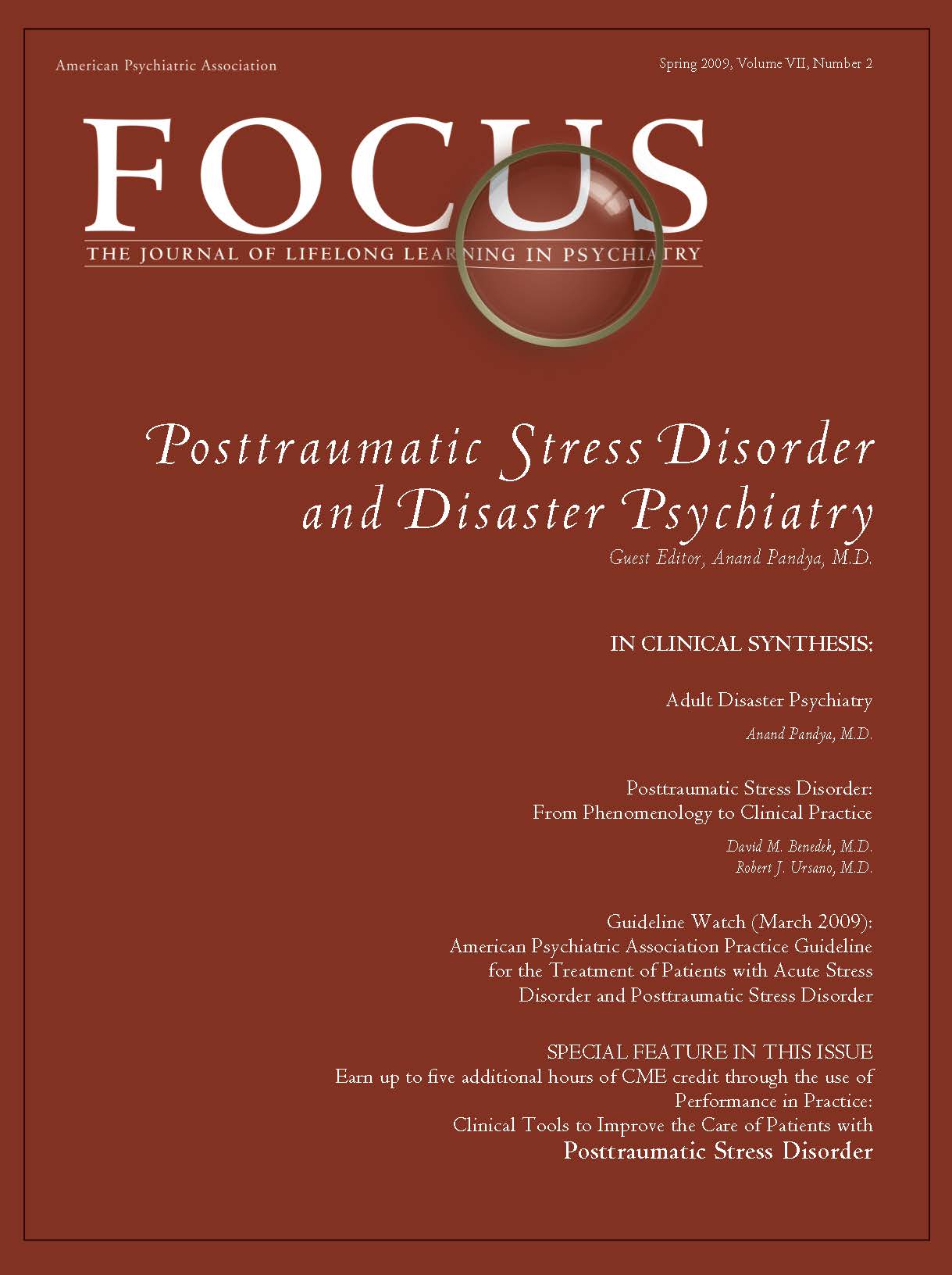Clinical Importance of Sleep Disturbance as a Treatment Target in PTSD
Abstract
In this review, evidence for the importance of sleep-related disturbances in PTSD as a target for treatment is presented. Examination of efficacy studies of the first-line treatments for posttraumatic stress disorder (PTSD)—selective serotonin reuptake inhibitors and cognitive behavior therapy—indicates that neither adequately treats PTSD nightmares and insomnia. The published guidelines that recommend these treatments do not provide advice on treating posttraumatic sleep disturbance, suggesting a possible lack of awareness of the problem. Based on clinical reports, imaging, and polysomnographic studies, a theoretical model in which REM dysregulation in PTSD plays a key role in the development and persistence of PTSD will be presented. Finally, evidence regarding the beneficial effects of prazosin and other agents in the treatment of PTSD-related sleep disturbance will be highlighted.



